Tens of Thousands Flee Violence in DR Congo, Reports UNHCR
Ongoing Conflict and Human Rights Violations
Sexual violence, human rights abuses, and destruction of civilian homes and businesses remain widespread in conflict-affected areas of the Democratic Republic of the Congo (DRC), warned Patrick Eba, Deputy Director of the UN Refugee Agency (UNHCR)’s Division of International Protection.
Speaking in Geneva, Eba highlighted the instability in North and South Kivu provinces, where “hundreds of thousands of people are on the move.”
Since January, nearly 80,000 people have fled to neighboring countries to escape clashes between Congolese government forces and the Rwanda-backed M23 rebel group. Burundi alone has received approximately 61,000 refugees, he said.
Widespread Sexual Violence
The humanitarian crisis has led to alarming levels of sexual violence. In just the last two weeks of February, 895 cases of rape were reported, averaging more than 60 assaults per day, according to UNHCR.
Civilians also face other dangers, such as unexploded ordnance that endangers children and farmers. Meanwhile, armed groups have raided at least two hospitals in North Kivu’s capital, Goma, kidnapping dozens of patients, according to the UN Office for the Coordination of Humanitarian Affairs (OCHA).
The conflict has also hindered humanitarian aid. The World Food Programme (WFP) temporarily halted operations in conflict zones but resumed emergency food assistance on Tuesday in parts of North Kivu, aiming to reach over 210,000 people.
M23 Forced Evictions and Mass Displacement
Within North and South Kivu, forced displacement continues. According to UNHCR, M23 rebels have ordered internally displaced people (IDPs) to leave camps around Goma.
“As of today, only around 17,000 IDPs remain in sites, schools, and churches around Goma, while an estimated 414,000 have been forced to move in the past four weeks,” Eba explained, adding that many were pressured into returning to their home villages.
Given the ongoing insecurity in eastern DRC, Eba warned that even more people might cross international borders in search of safety.
UNHCR maintains that Congolese fleeing the conflict may qualify for refugee protection under international and regional legal frameworks. Eba emphasized the need for “informed decision-making” for those considering a return to conflict-affected areas.
UNHCR’s Exemption from U.S. Funding Freeze
When asked about the impact of the United States’ recent humanitarian aid freeze, UNHCR spokesperson Eujin Byun confirmed that the agency had received a waiver exempting DRC operations from the 90-day funding suspension.
Despite ongoing financial challenges, Byun expressed hope that UNHCR could continue supporting those affected by the crisis.
Currently, over one million Congolese refugees are scattered across Africa, with Uganda hosting more than half of them. Since January, Burundi has received the largest influx of new arrivals due to the M23 offensive. Before the latest escalation, approximately 6.7 million people were already internally displaced within the DRC.




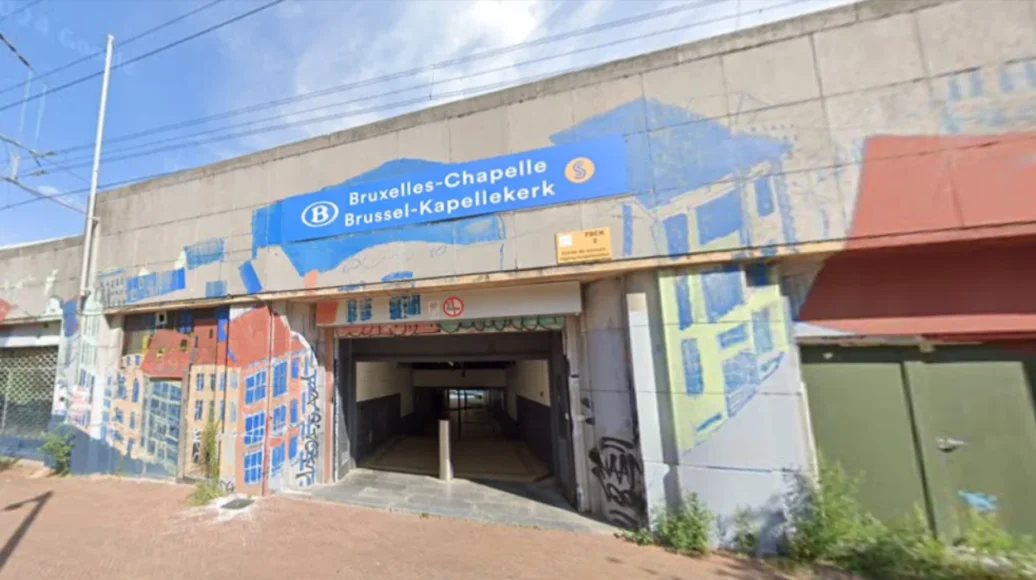
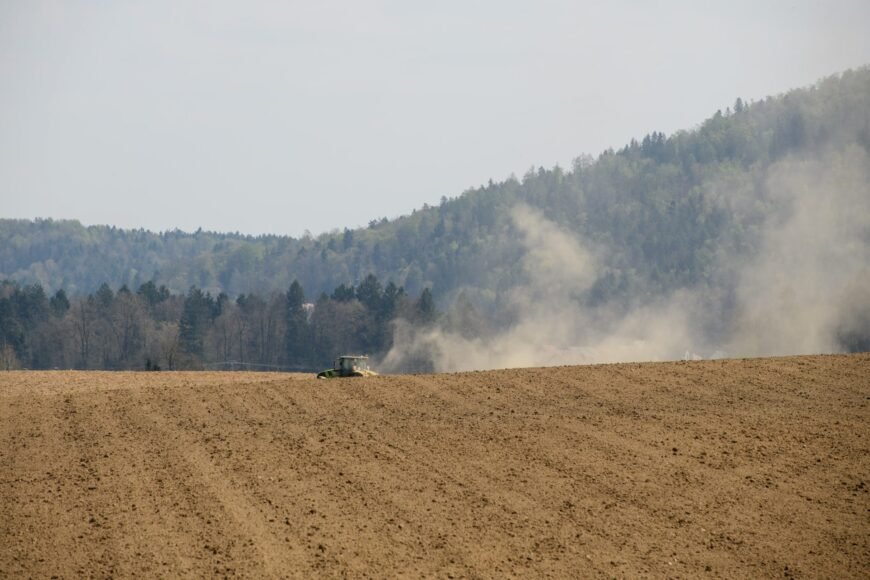
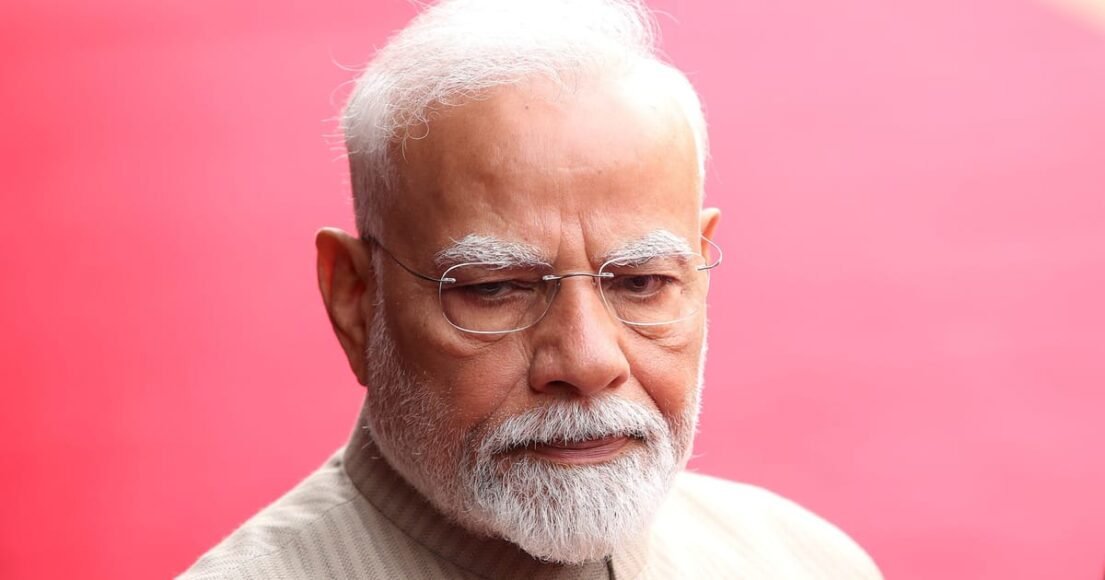
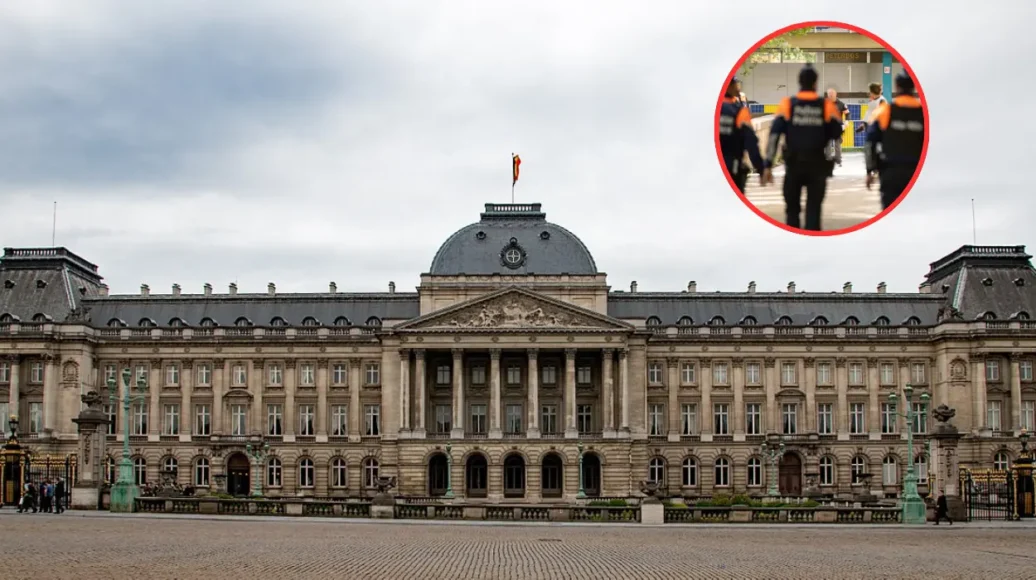
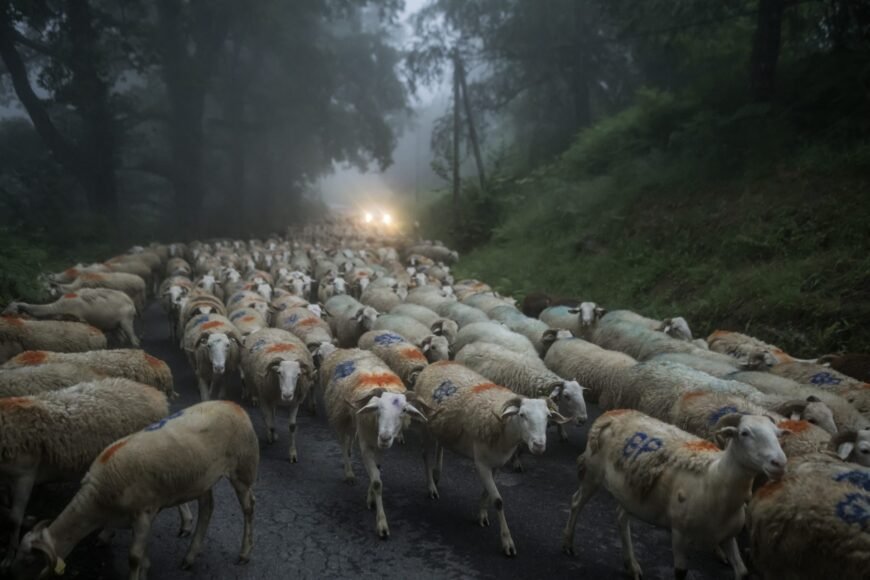




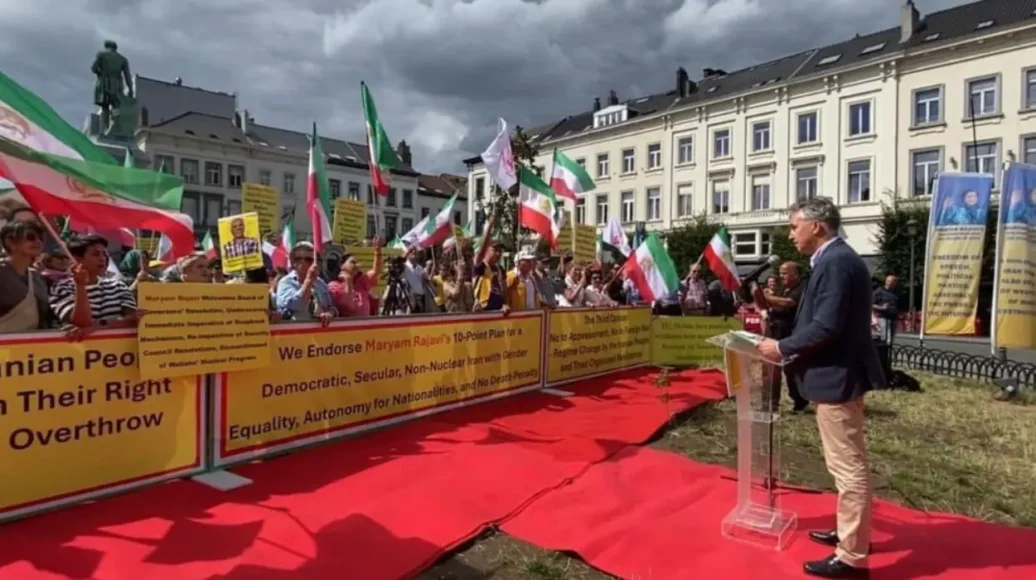
Leave a Reply